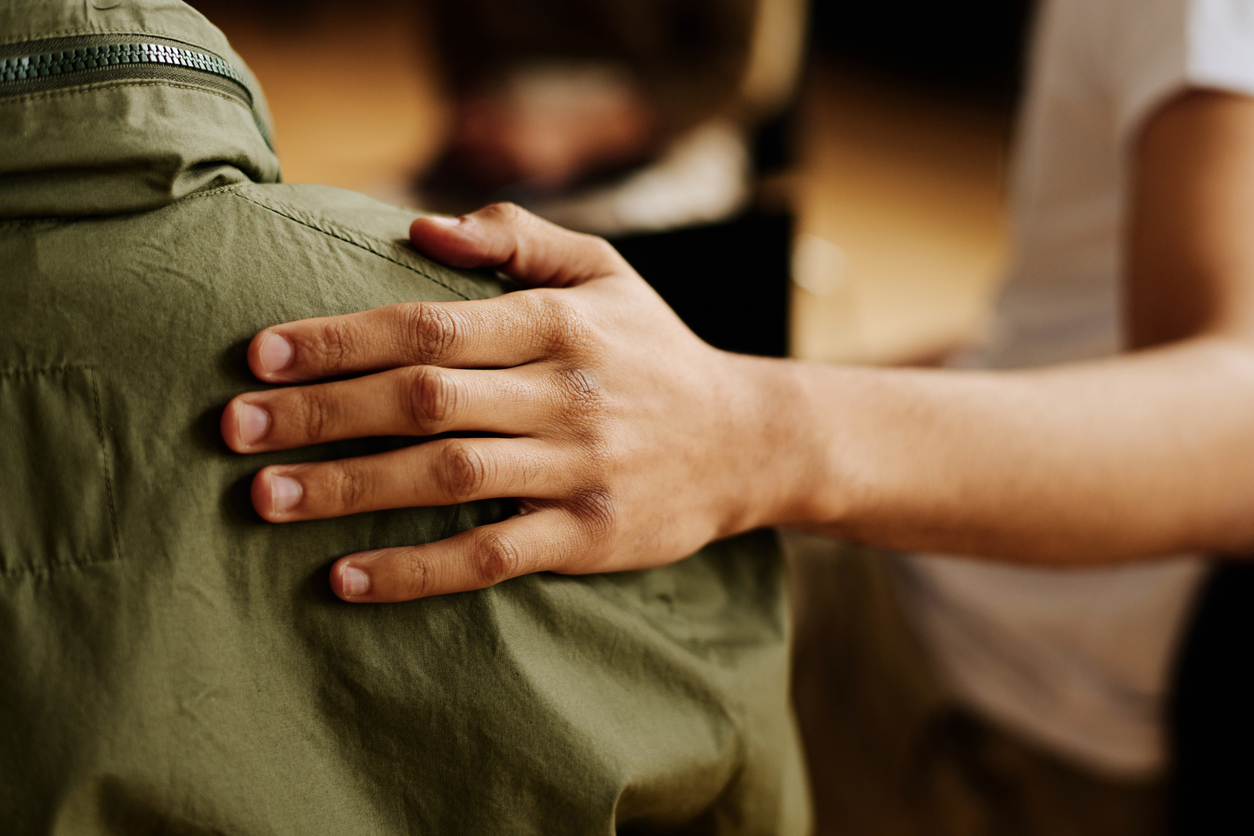
February 12, 2025 – Mothers of young children face profound challenges in maintaining health-promoting activities (HPA) following man-made disasters, including terrorist attacks, according to a new study by Hebrew University of Jerusalem researchers.
The study, published in Psychological Trauma: Theory, Research, Practice, and Policy, was conducted by Shahar Zaguri-Vittenberg, Anat Golos, and Jennifer Budman from the Hebrew University School of Occupational Therapy. It reveals a significant decline in maternal participation in HPAs—activities that support physical, emotional, and social well-being—in the wake of the Oct. 7th attacks.
The research involved 201 Israeli mothers of children up to age 12 who completed an online survey within a month of the October 2023 terror attacks. The survey captured data on disaster exposure, maternal participation in HPAs, and social support, as well as qualitative insights into factors enabling or hindering participation.
Most of the mothers who completed the survey reported decreased participation in post-attack HPA. Disaster exposure correlated with perceived reductions in frequency and how well they participated in group activities.
The research underscores the vulnerabilities of mothers as primary caregivers during crises. “Disasters place enormous physical and emotional burdens on mothers of young children, limiting their ability to care for themselves,” the authors explained. “Our findings highlight the need for targeted interventions that prioritize maternal health and well-being while strengthening social support systems.”
Clinical and Policy Implications
These findings have important implications for policymakers and health professionals recommending that they:
- Develop community-based support networks that address the unique challenges mothers face post-disaster.
- Implement early intervention programs aimed at enhancing maternal resilience and promoting HPAs.
- Allocate resources to ensure equitable access to mental health and social services for families in disaster-affected areas.
This study marks an essential step toward understanding how man-made disasters impact maternal health and participation in daily activities. As disasters continue to rise globally, these insights are critical for fostering resilience and community well-being.
The research paper titled “Participation in Health-Promoting Activities of Mothers of Young Children Post-Man-Made Disaster Caused by Terrorist Attack” is now available in Psychological Trauma: Theory, Research, Practice, and Policy and can be accessed here.
The findings emphasize the importance of social support in mitigating the negative impacts of disaster exposure, offering valuable guidance for disaster response and community health planning.
Researchers:
Shahar Zaguri-Vittenberg, Anat Golos, and Jennifer Budman
Institutions:
School of Occupational Therapy, Hebrew University of Jerusalem



